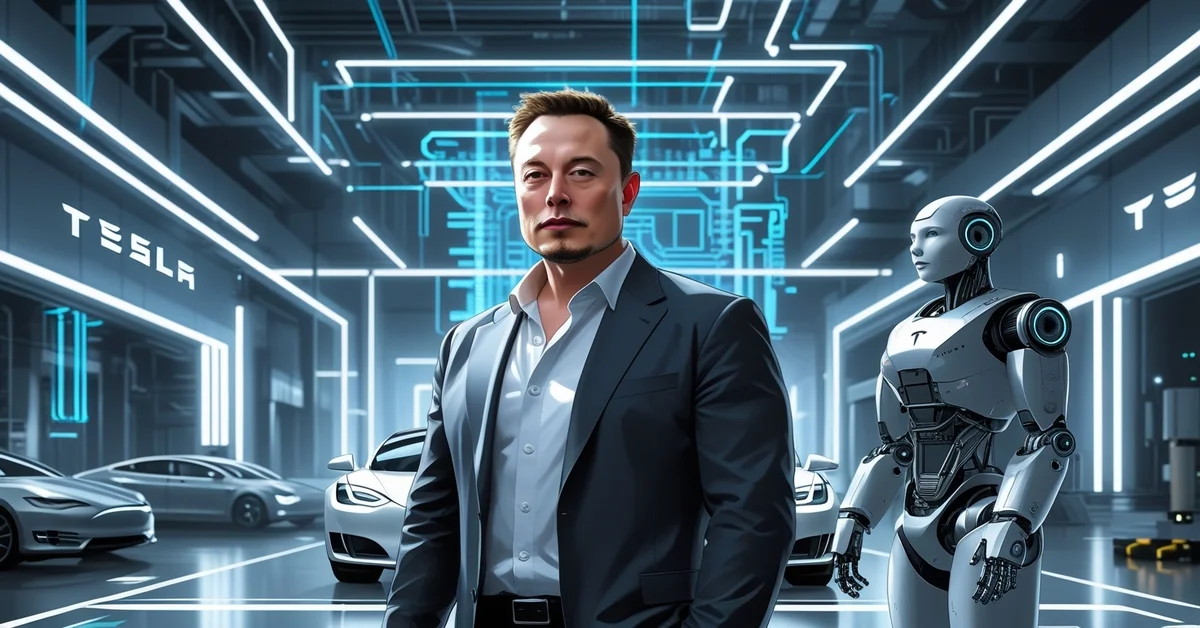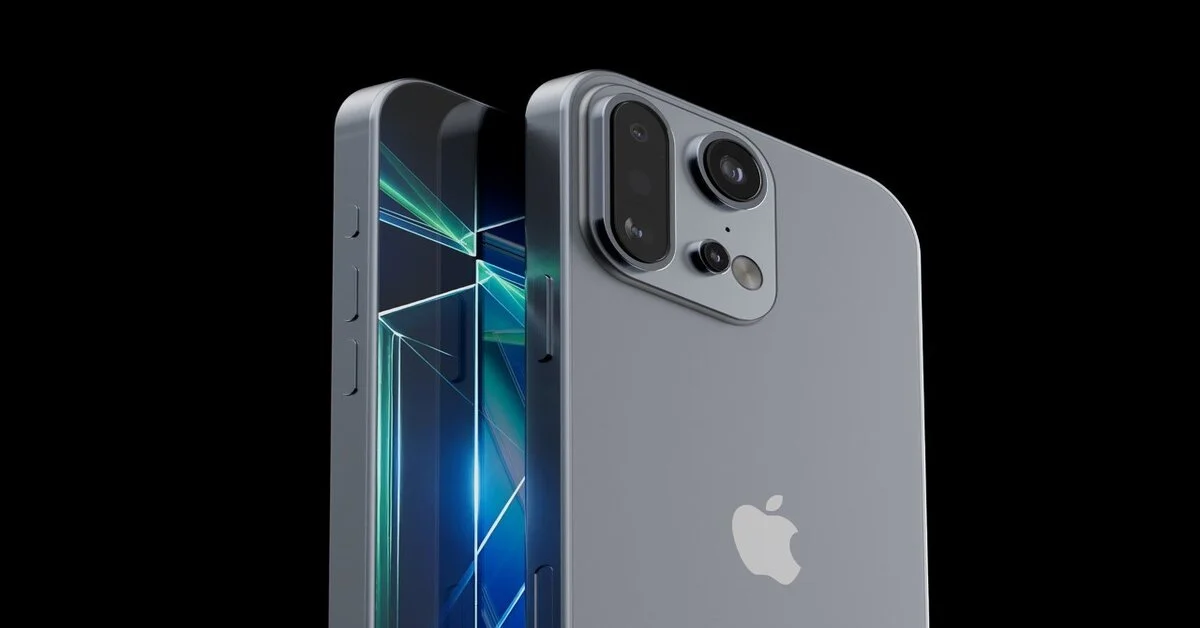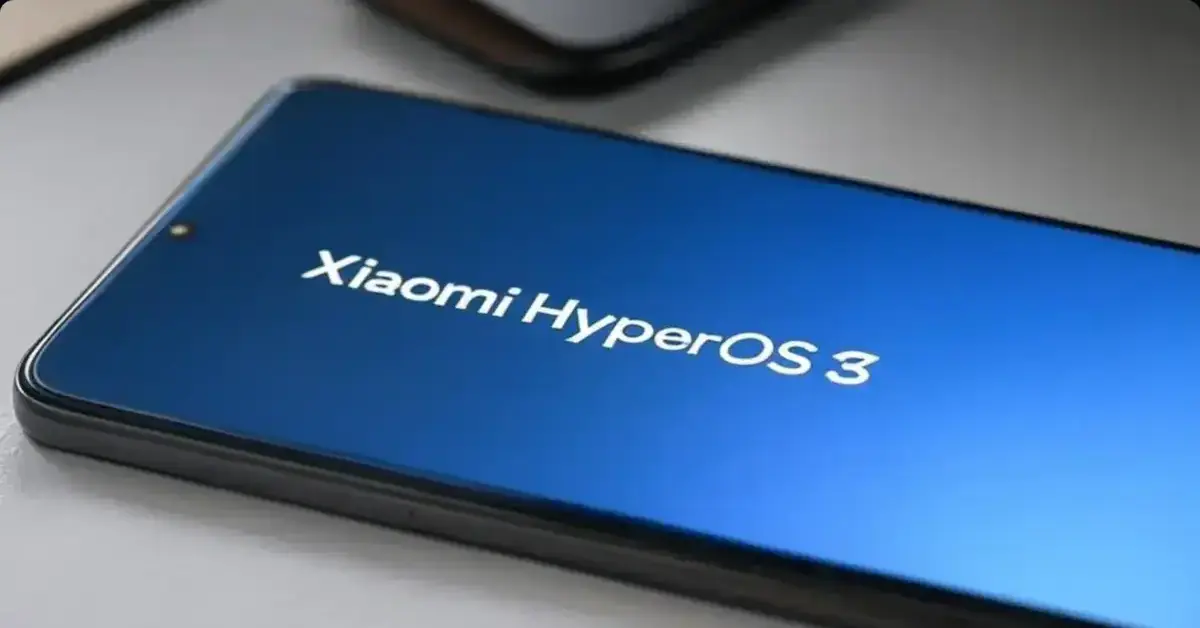Elon Musk has announced a landmark partnership between Tesla and Samsung Electronics: a $16.5 billion multiyear deal under which Samsung will produce Tesla’s next‑generation AI6 autonomous driving chips at its new fabrication plant in Taylor, Texas. Musk emphasized the deal’s importance, highlighting how it supports Tesla’s robotics goals while also helping Samsung strengthen its underperforming chip manufacturing division.
At the same time, Tesla is facing strong challenges in its electric vehicle division. The company reported a 13.5 % drop in deliveries and a 23 % decline in earnings compared to the previous year, as rising competition from BYD and the loss of U.S. EV tax credits weigh heavily on performance. CEO Musk has warned that Tesla is likely to face “a few rough quarters ahead,” though he remains optimistic about future growth through robotaxis and artificial intelligence systems such as Optimus humanoid robots.
At the recent Tesla Owners of Silicon Valley “Takeover” event, Musk outlined his long‑term vision: he projects that scaled production of Optimus robots, potentially a billion units, could lead to an astonishing $30 trillion in annual revenue, with each robot priced at around $30,000. While this ambition lies far in the future, Musk is planning to produce a few hundred units in 2025 and ramp up significantly in 2026.
On the political front, Musk is growing increasingly active. In early July, he introduced a new political group called the “America Party,” promoting it as a fiscally responsible movement centered on reducing the national deficit. Democrats see the party as potentially undermining incumbent Republicans in closely contested districts. Musk’s strained relationship with Donald Trump, reignited by disagreements during Trump’s second administration and Musk’s federal consulting role, has led to mounting political tension and public scrutiny of Tesla’s subsidies and regulatory fate.
Even culturally, Musk’s profile remains prominent. A 12‑foot inflatable head bearing his likeness has surfaced in U.S. national parks as a protest against federal budget cuts, capturing media attention and driving debate over Musk’s influence on public policy.
In summary, Elon Musk is steering Tesla through a pivotal juncture, balancing immediate financial pressure with bold bets in AI, robotics, political influence, and infrastructure. The Samsung chip deal may underpin future innovation, but for now, the company must navigate EV market challenges while laying the groundwork for a potentially transformative technological future.



